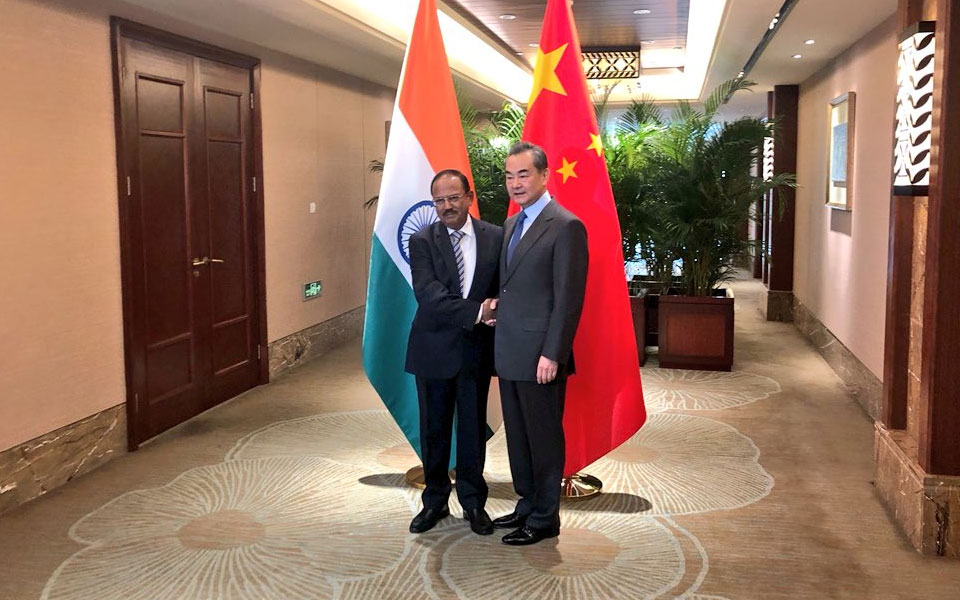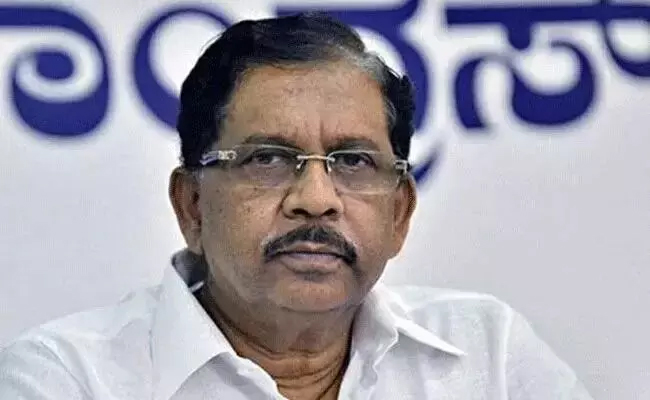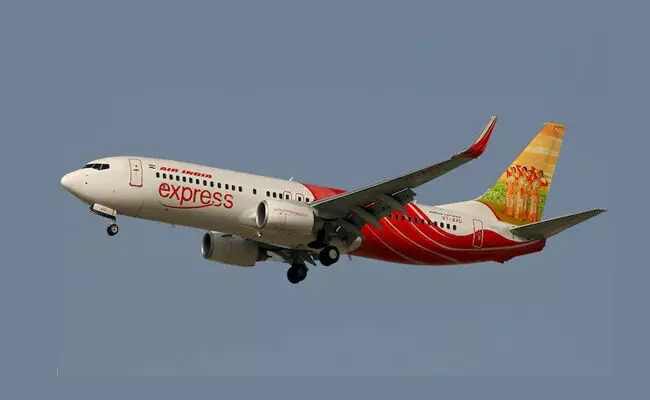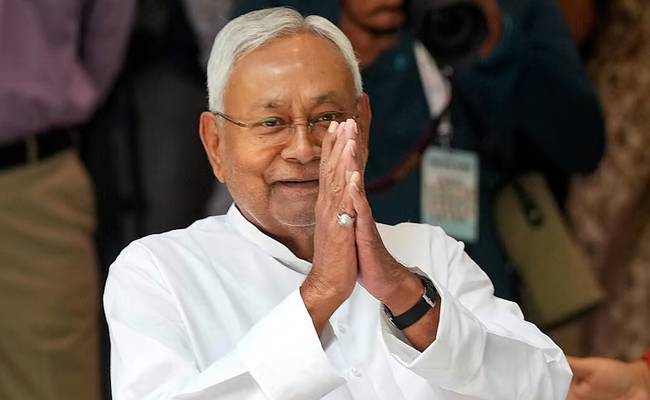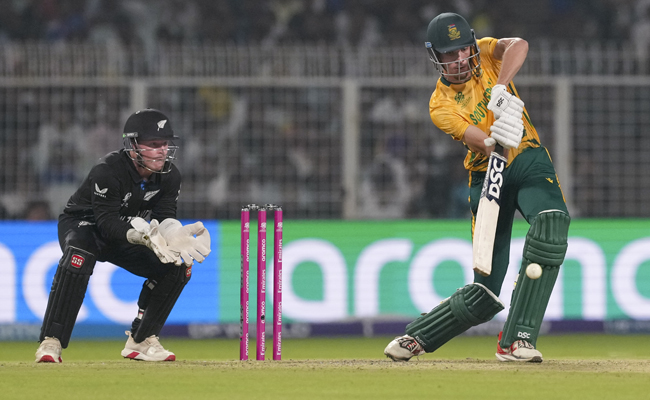Beijing, Nov 24 : National Security Advisor Ajit Doval and Chinese Foreign Minister Wang Yi held the 21st round of border talks in China's southwestern Sichuan province on Saturday, officials said.
Besides the border dispute, the two senior officials at the picturesque Dujiangyan city, would also review the progress made in bilateral ties since the Wuhan Summit between Prime Minister Narendra Modi and President Xi Jinping in April, officials said.
Doval and Wang are the designated special representatives for border talks between India and China. The talks were expected to be concluded later Saturday.
This is the first round of talks for Wang after he succeeded State Councillor Yang Jiechi earlier this year. Wang has become the state councillor, a rank higher than the foreign minister in the Chinese government's hierarchy.
Announcing the talks on November 21, Chinese Foreign Ministry spokesman Geng Shuang presented an upbeat picture of the bilateral ties saying, "We have properly managed the differences through dialogue and consultation. The border areas on the whole maintained stability".
Officials maintain that this round of talks may focus more on reviewing the progress on trade and maintenance of peace at borders than movement towards a solution to the border dispute as India is headed for general elections next year.
Since the first-ever "informal summit" between Prime Minister Modi and President Xi in Wuhan, the two countries have launched a dialogue between trade officials to enhance India's exports to China to address the over USD 51-billion trade deficit.
Since then, progress has been made towards increasing India's export of rice, sugar and pharmaceuticals. This is expected to come under review at the talks, officials said.
Negotiations between the special representatives are regarded highly significant by both the countries as they cover all aspects of bilateral ties besides making efforts to resolve the vexed border dispute.
The India-China border dispute covers 3,488-km-long Line of Actual Control. China claims Arunachal Pradesh as part of southern Tibet.
The last round, held in New Delhi between Doval and Yang, took place in the backdrop of the 73-day standoff between the two militaries at Doklam over Chinese army's plan to build a road close to India's strategic "Chicken's Neck" corridor connecting the north-eastern states.
The standoff ended after the People's Liberation Army halted the plans to build the road.
Officials on both sides say a lot of spadework has been done to ensure peace and tranquillity at the border, though the solution to the border dispute is still elusive even after 20 rounds of talks.
Senior defence officials of India and China held the 9th India-China Annual Defence and Security Dialogue in Beijing on November 13 after a one-year gap due to the Doklam standoff. During the meeting, both sides agreed to enhance defence exchanges and interactions.
Let the Truth be known. If you read VB and like VB, please be a VB Supporter and Help us deliver the Truth to one and all.
Bengaluru (PTI): Karnataka Home Minister G Parameshwara on Wednesday said that the police have booked a case against those who took out a protest march in the city recently, without permission, condemning the killing of Iranian Supreme Leader Ayatollah Ali Khamenei.
A large number of Shia Muslims gathered in Richmond Town on March 2 to mourn Khamenei's demise and held a protest march.
"A section of the minority community has accepted Khamenei as their religious leader. When he died, naturally they felt the pain and expressed it. But it should have happened within the framework of the law of the land. They had not sought any permission for the procession and no permission was given," Parameshwara said in response to a question.
Speaking to reporters here, he said, "They went ahead with the procession. So, the police have taken action by registering cases against them. In the days ahead, we will not let them hold any processions. As there are court orders not to permit any procession in the city, it can be done at Freedom Park if needed. The government is strictly abiding by the court orders."
Responding to a question about a Congress legislator also being part of the protest march, the home minister merely said, "We will strictly follow the rules."
Khamenei was killed in an airstrike in Tehran on Saturday during a joint Israel-US attack on Iran.

